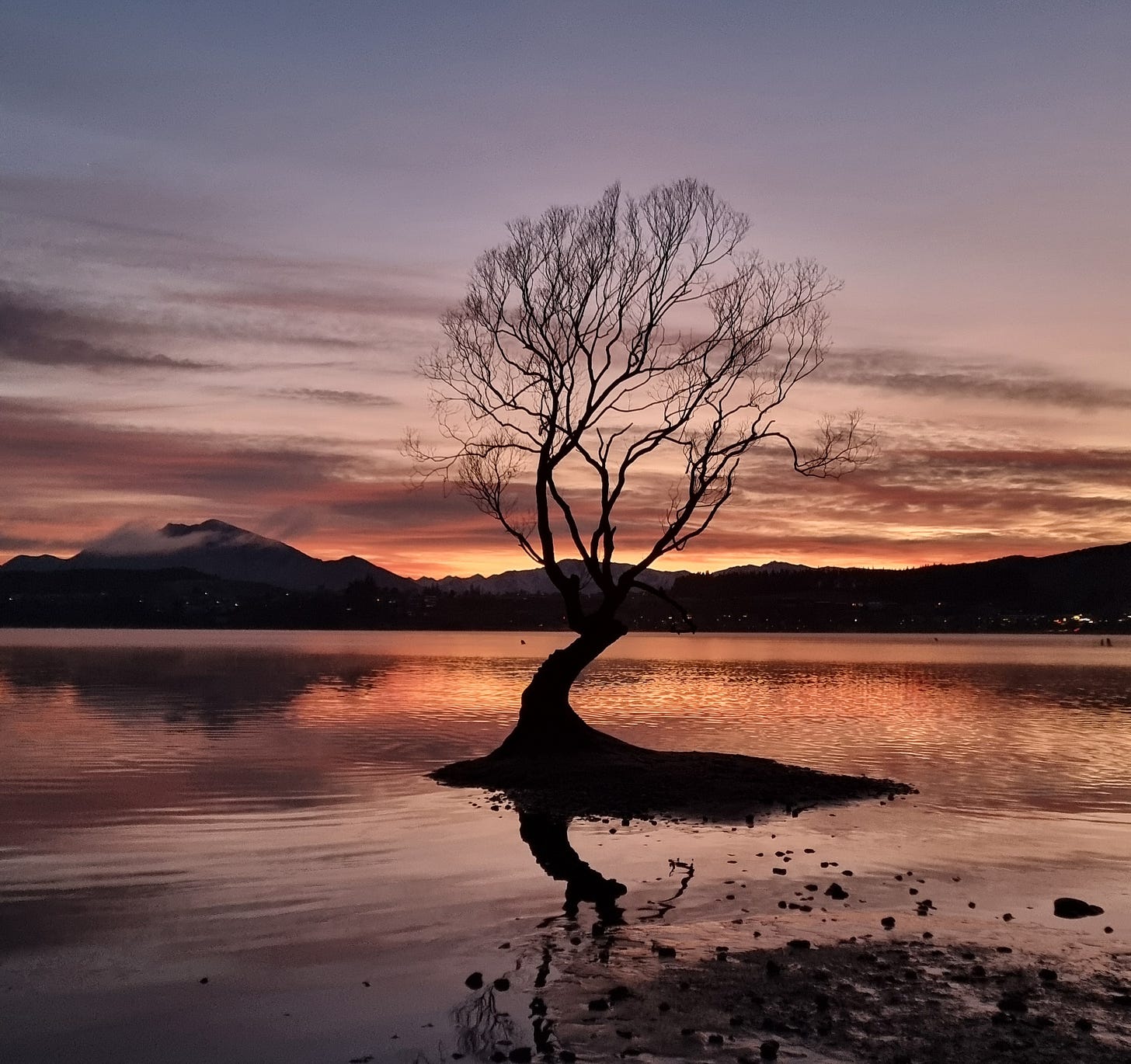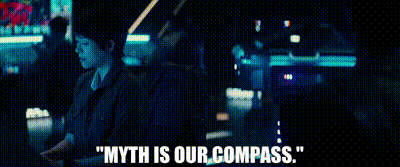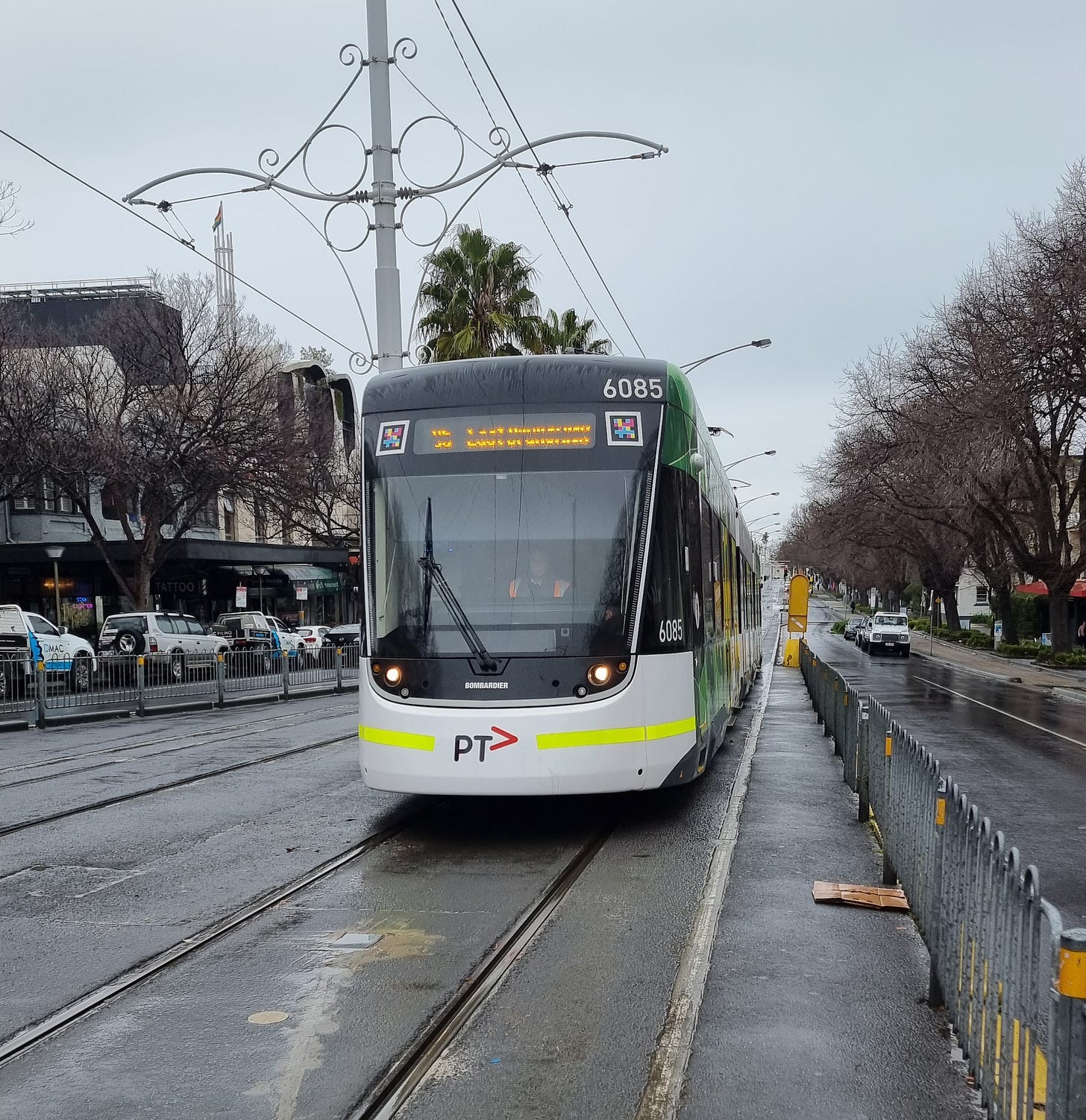The Sabbatical Journal
2024 in review, part 2
Where we had thought to travel outward, we shall come to the center of our own universe. - Joseph Campbell
I. A Calling
Writing started as a casual flirtation, an on-and-off companion since graduating from school. It was a quiet pursuit that I returned to time and again. Midway through my undergrad, I took the craft more seriously. I started by journaling consistently, and with each passing year my writing grew more deliberate. It wasn’t just a hobby, it was a way for me to articulate my dreams, wrestle with my doubts, and find clarity amidst the noise.
In the final months of my previous job, writing was my respite. Between the daily grind and corporate haze, there was very little room to breathe. On commutes, during hurried lunch breaks, and late at night, I wrote. Each sentence felt like coming up for air.
This year, I committed to writing with intention. I explored new formats, practiced daily with prompts, and published more on this blog than ever before. When my (former) colleagues asked what I planned to do during my sabbatical, my answer was simple: write. No jobs lined up, no grand plans. Just the freedom to create and explore.
II. Departure
The first week off from work was an exorcism. The tension I did not know I was holding onto was released, and I could finally breathe again. I slept like I hadn’t in months. All the trappings of a corporate life—prestige, income, credentials—melted away.
Their dissolution created a void. Yet, it wasn’t a hollow feeling of someone burned out and devoid of purpose. Instead, it was a clearing. A space where something meaningful might emerge. The emptiness brought about a restlessness. It was the urge to explore, and venture beyond the familiar. Somewhere in the unknown, I hoped to find myself.
III. Initiation
New Zealand was the first crossing. A vast terrain on a tiny land mass. It was a world unto itself. The winter there was brutal yet invigorating. Like a shock to the system, it kept me present and aware on the journey.
Each day had its own troubles—the cold, the shifting landscapes, and the long drive. We stopped only for food, fuel and caffeine to keep us moving. With no other expectations except reaching the next stop before dark, I felt oddly liberated. Despite the discomfort, there was a strange joy in the journey.
At night, I would journal. I wrote about the mountains, the lakes, and the windswept coasts. New Zealand wasn’t always like this. The island was shaped, over millions of years, through tectonic collisions, volcanic eruptions and persistent erosion. In another million years the landscape would look entirely different. Perhaps sooner, thanks to pollution.
That impermanence mirrored my own life in transition. Like New Zealand's shifting terrain, my path forward would be shaped by the small choices I take.
IV. Revelation
One night, I wandered from our campsite, drawn to the stillness of the lake. The face of the water was so calm. Far away from city lights,the stars shining more brilliantly than I’ve ever seen. If I squint, I could make out the faint trail of the Milky Way.
The stars and the constellations they formed have always been guides. For centuries, they helped travelers on their journeys. The stars formed the basis of myths—stories that shaped the lives of people.
Under that vast expanse of the universe, I felt infinitesimally small. A mere speck of dust. But I didn't feel diminished, just a sense of relief. My worries, so overwhelming at times, were insignificant. My problems now seemed trivial against the vastness of space.The stars reminded me that this is a universe of possibilities. If the universe could expand infinitely, so could I.
V. Return
I flew to Melbourne—a city I once called home.
Its winter greeted me like an old friend, and nostalgia washed over me as I revisited familiar sights. The bite of cold air, and the screech of trams stopping. Memories came flooding back. Almost a decade ago, I'd arrived here as an undergraduate, no less cold but burning with curiosity for what lay ahead
.The exhibitions at the National Gallery of Victoria’s halls and the IMAX theater’s towering screen reconnected me to my younger self: one who loved to immerse in art, stories, and ideas with that burning curiosity. Long walks through the city and café stops brought back rhythms of a past life—study sessions, brunch dates, and hours spent writing my journal.
I reunited with friends over dinner, to catch up on lost time. Each navigating their own transitions. Some were contemplating a career switch, others were planning their wedding. I found solace in that. We’re all trying to figure things out.
I also met with former professors, not for academic advice but for perspective. Over coffee, they shared their thoughts on life and work. They had no answers for me, but they helped me broaden my perspective, by spotting overlooked opportunities and pathways I hadn’t considered.
VI. Integration
Now that I’m back, I still don’t know my next step. I still have no answers, and have way more questions than before. But that’s okay. Those questions, I realized, are enough to begin with.
One thing I do know for certain—writing must be the cornerstone of my life. It’s the foundation I’ll build on. I’ve got ideas to explore, notes to refine, and drafts to write. Not for success or an audience, but for the joy and love of the craft.
Writing is more than a tool for communication; it’s a tool for discovery. It sharpens my thinking, confronts my fears, and clears my head. It helps me count my blessings and uncover my voice. If I gain nothing else, that’s fine by me.
Whatever comes next, I’ll just keep writing.





